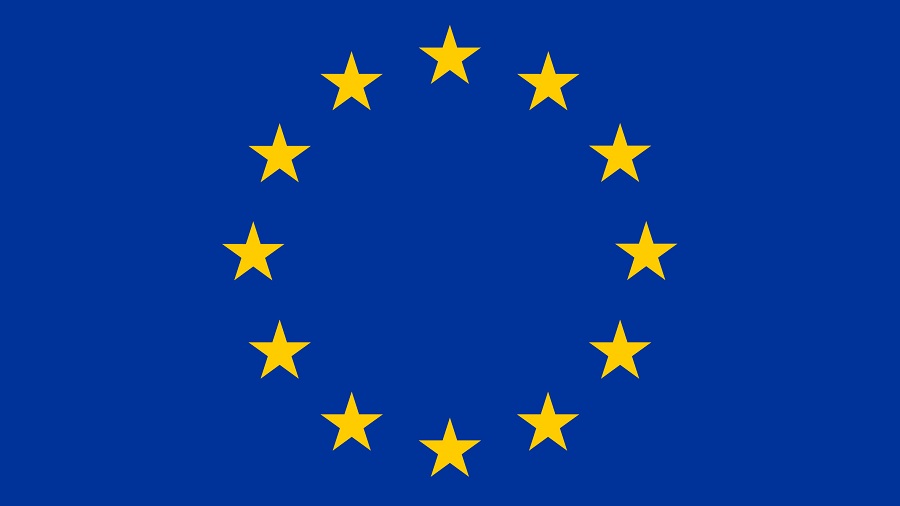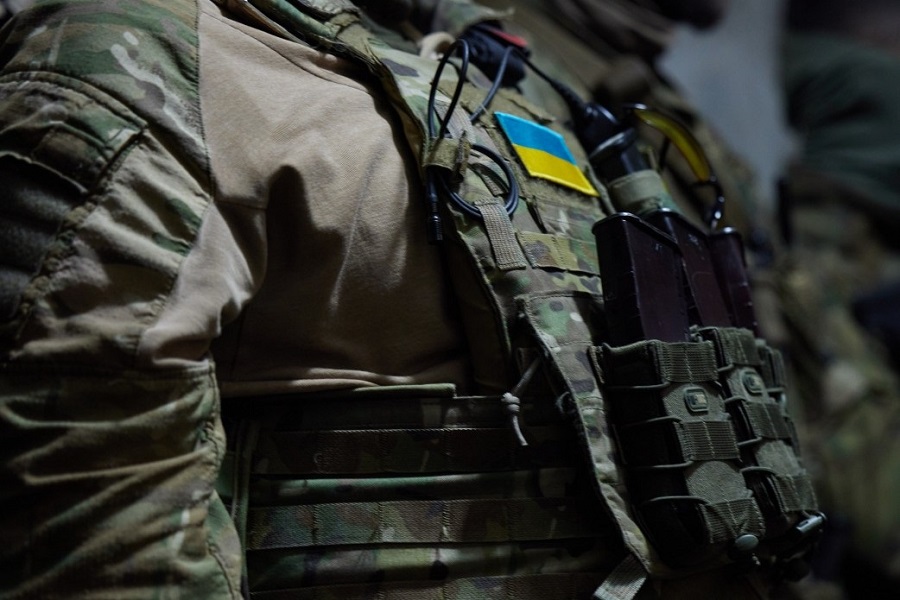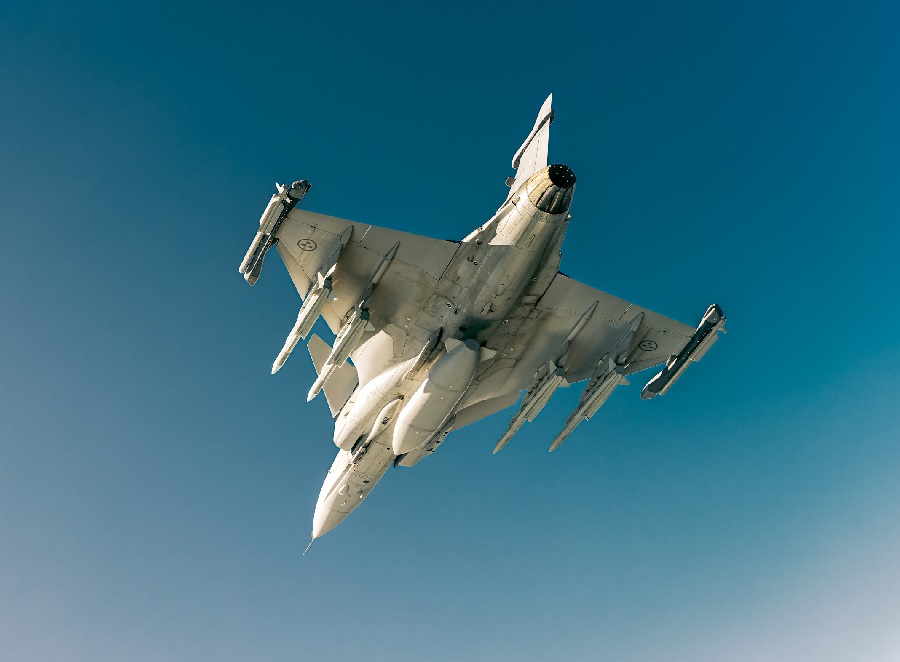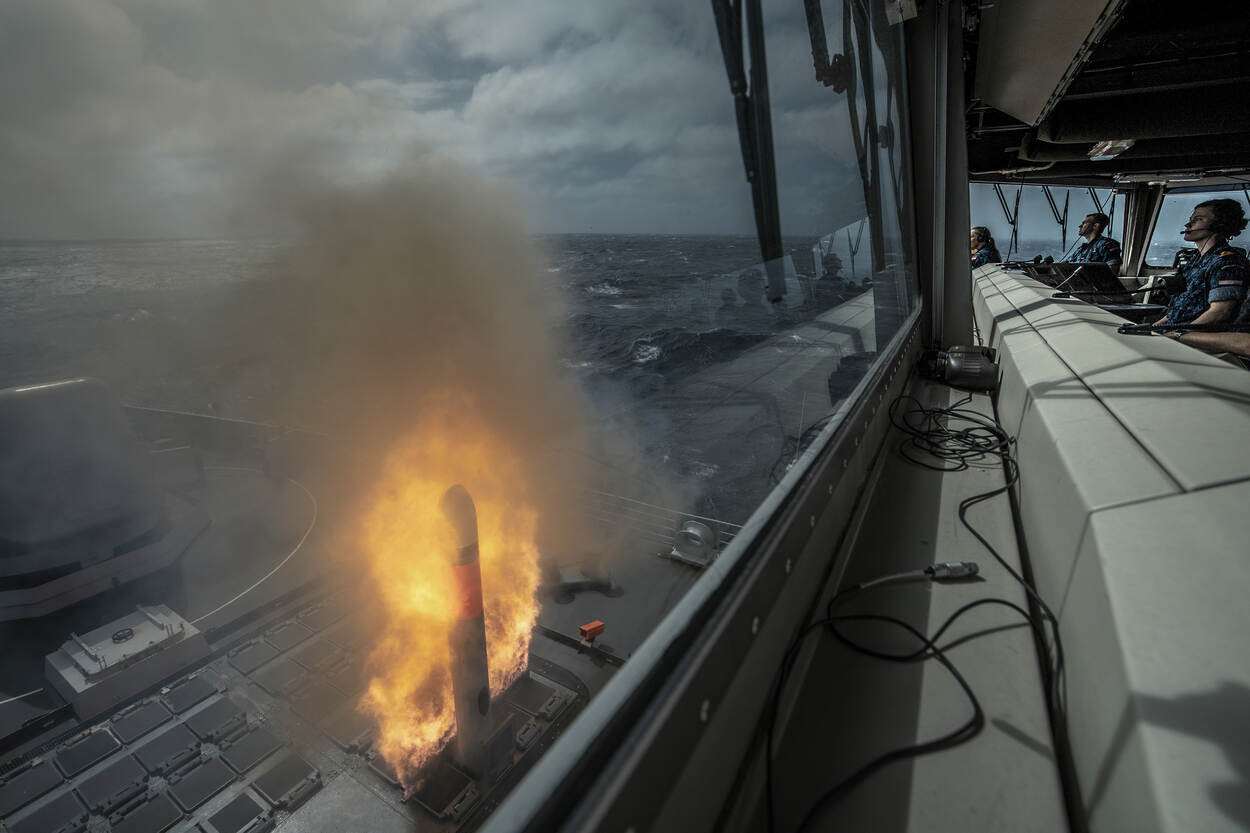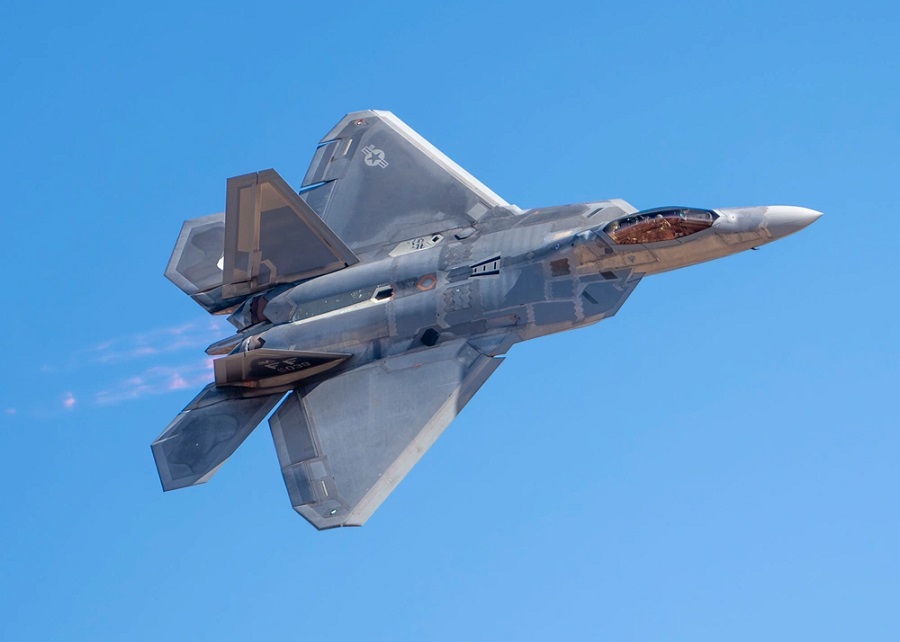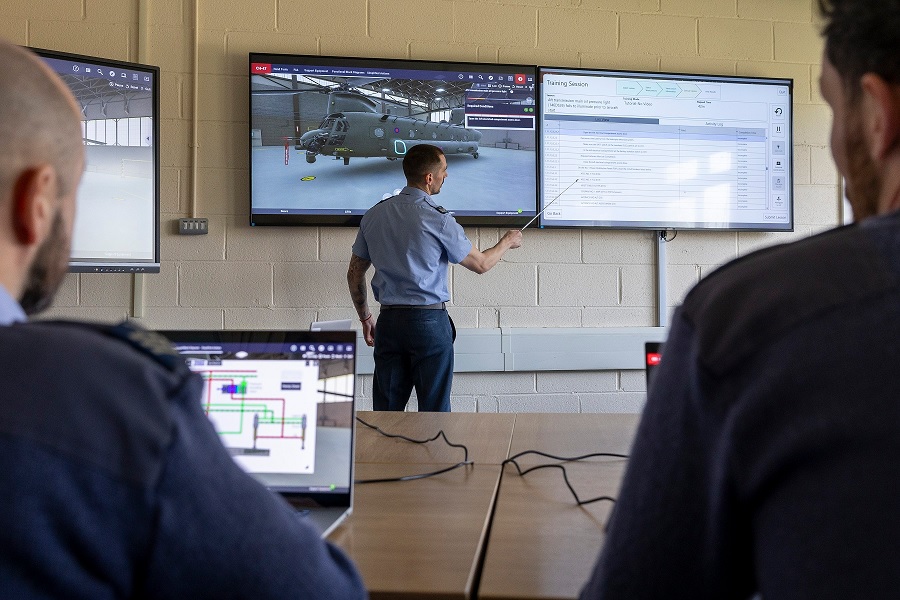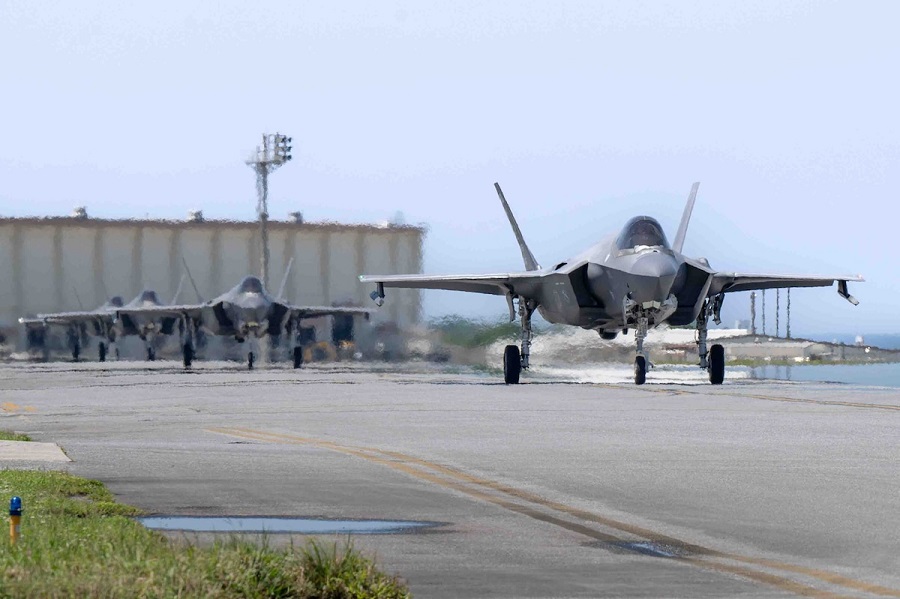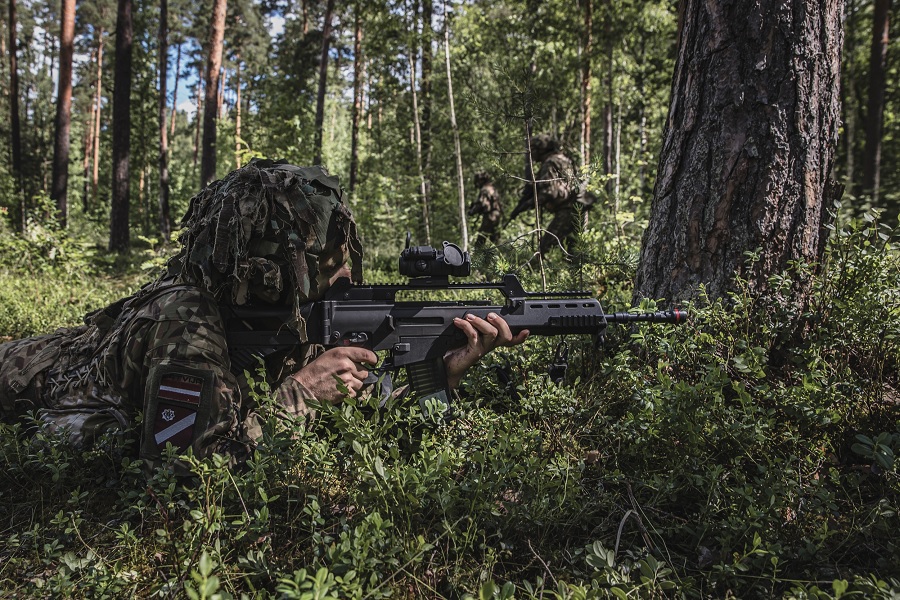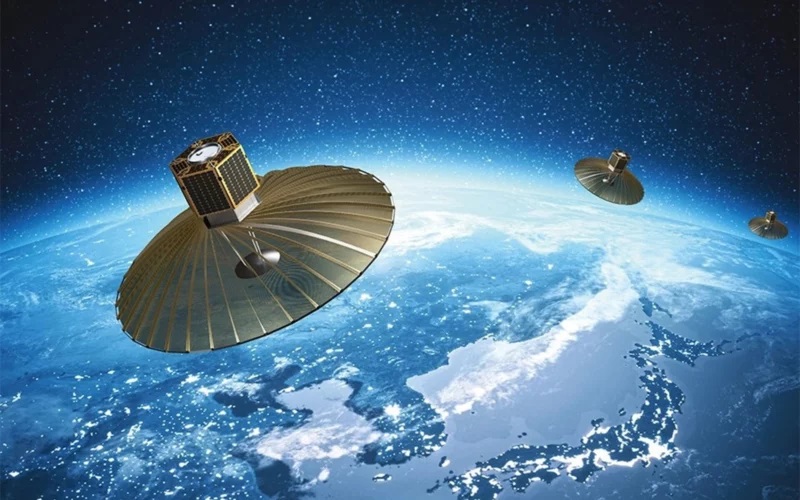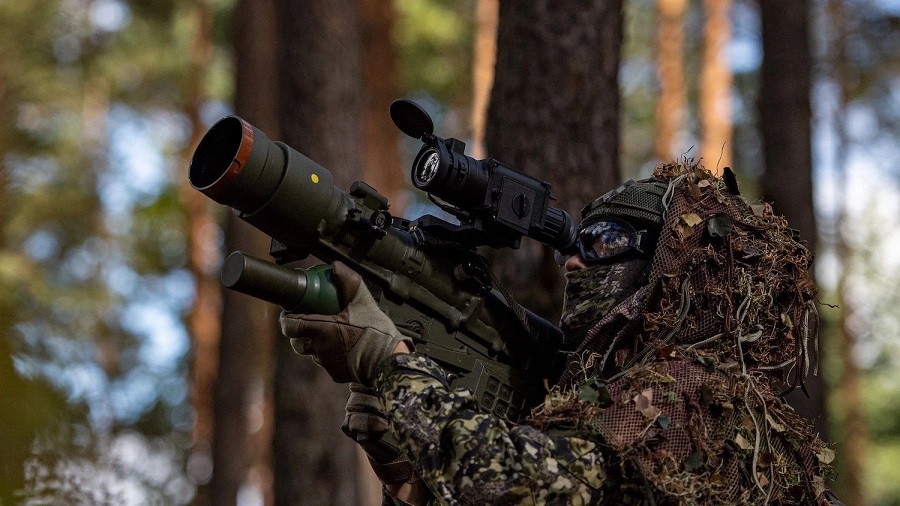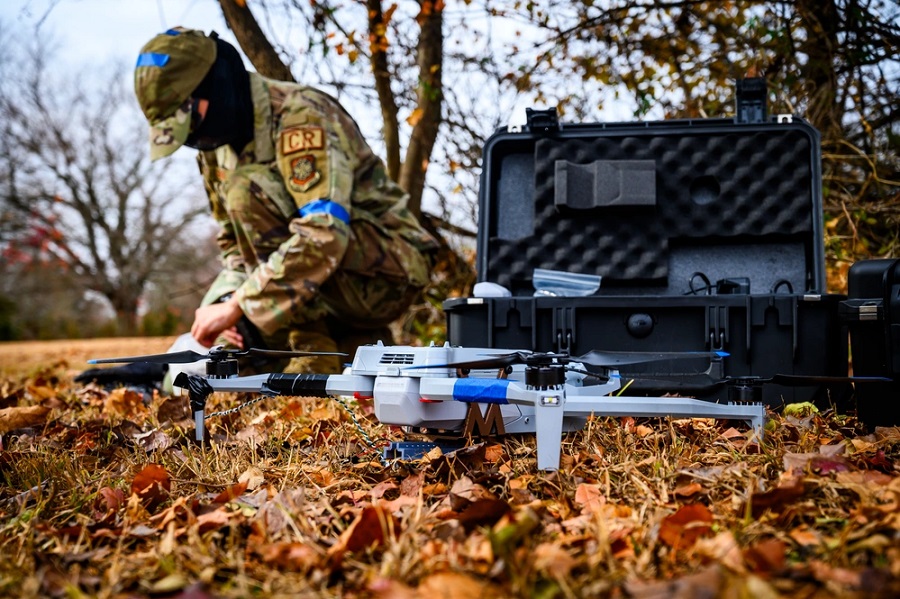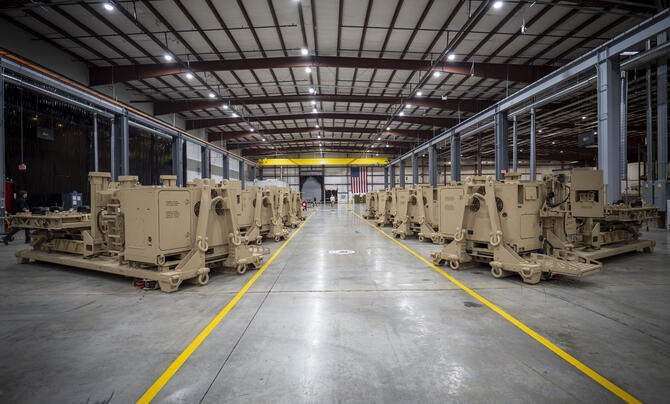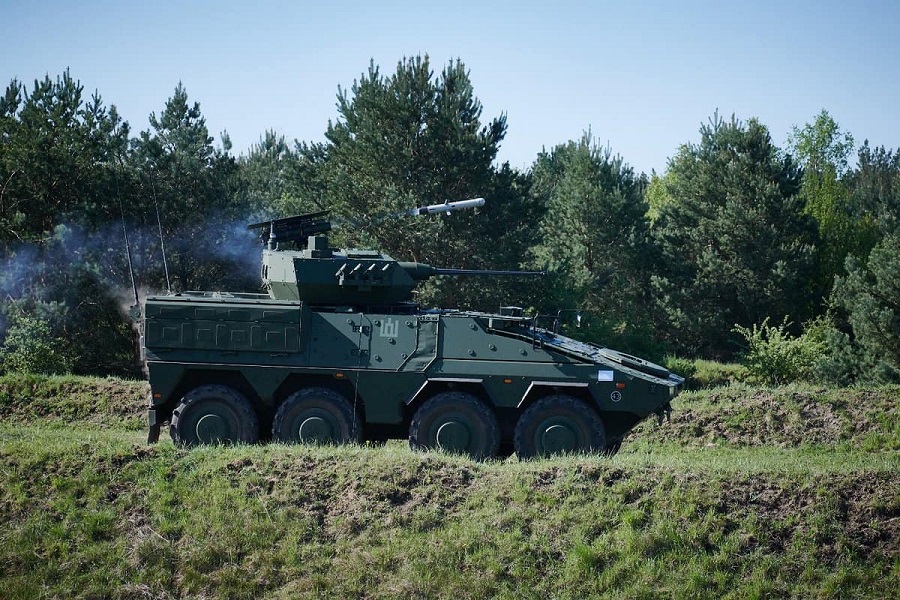“Today’s agreement is indeed important. Through the joint procurement of defence materiel the competitiveness and efficiency of the European Defence Technological and Industrial Base will be boosted and EU member states will be able to more effectively replenish their stocks depleted by donations to Ukraine,” said Pål Jonson, Minister of Defence of Sweden
The Council and the EP agreed on an ambitious instrument. Member states who agree to pool their demand and jointly procure defence products in consortia of at least three countries will be partially reimbursed from the EU budget.
This will benefit member states and the EU’s respective defence-related technological and industrial base, with special consideration of the involvement of small- and medium-sized enterprises (SMEs), start-ups and mid-caps in the value chain.
- as a principle, contractors involved in the common procurement should be established in and have their executive management structures in the EU or an associated country (Iceland, Liechtenstein or Norway). They should also not be controlled by a non-associated third country, or a derogation has been granted through guarantees from member states. Under no circumstances can EDIRPA funds can be used to source components from countries that do not respect good-neighbourly relations,
- by default, contractors must use facilities and resources that are located in the EU or in an associated third country. The use of non-EU facilities is only allowed where an EU producer has no relevant infrastructure on EU territory,
- member states may only procure products that do not carry any restrictions by a non-associated third country limiting their ability to use them. This rule is not applicable in the case of urgent and critical defence products, provided that they were in use before 24 February 2022 in the majority of the consortium, and the members of the consortium commit to study the feasibility of replacing those restricted components with restriction-free components of EU origin.
An absolute cap of 15% will allow for an equal distribution of available funds among member states and across funding priorities.
The provisional agreement must now be endorsed by the Council and the Parliament. It will then be formally adopted by both institutions following legal-linguistic revision.
On the Council’s side, the presidency intends to submit the text to EU member states’ representatives (Coreper) for endorsement as soon as possible.
EU Heads of State or Government at their informal meeting in Versailles on 11 March 2022, committed to bolster European defence capabilities in light of the new geopolitical context, and stated that member states should substantially increase defence expenditure, further develop collaborative investment in joint projects and joint procurement of defence capabilities, boost innovation, and strengthen and develop the EU defence industry, including SMEs.
In light of that, the European Commission proposed a regulation on establishing the European defence industry reinforcement through common procurement act on 19 July 2022.
The Council reached a general approach on 1 December 2022, and the European Parliament agreed its mandate for negotiations in May 2023.





